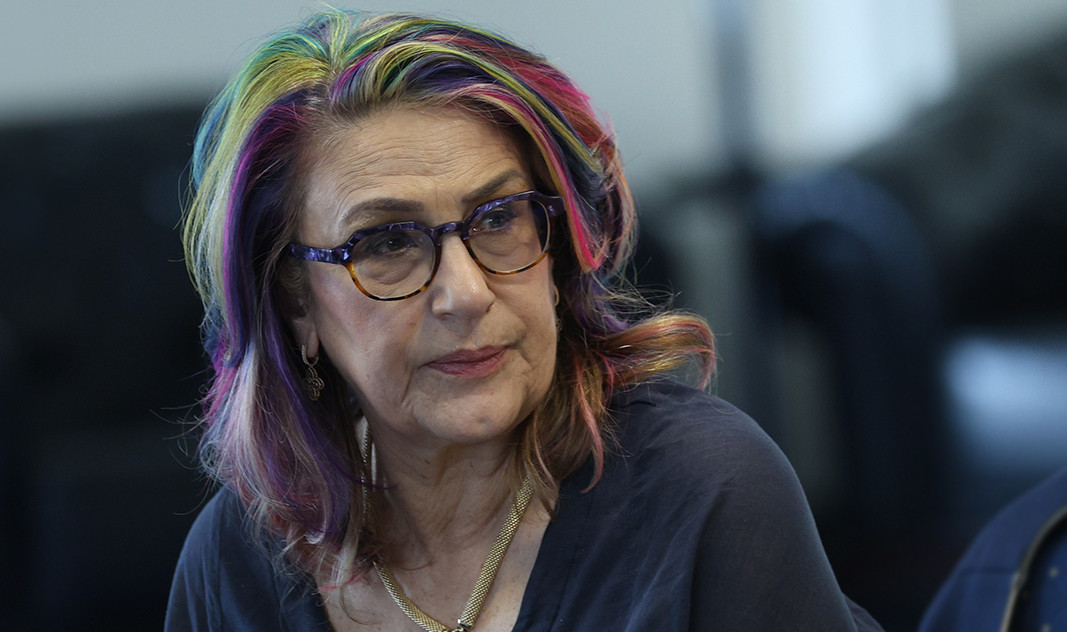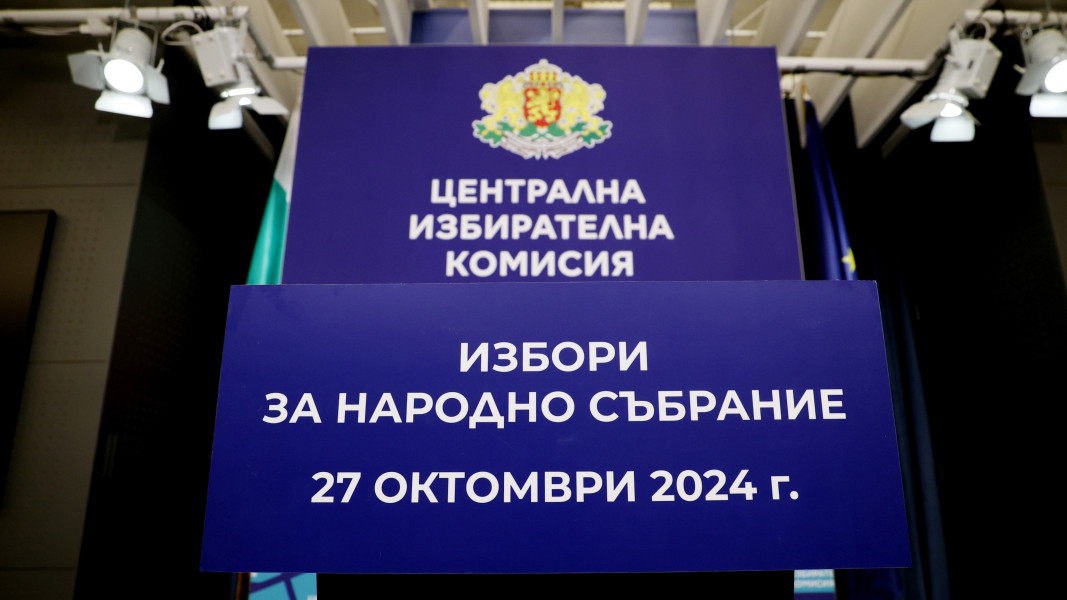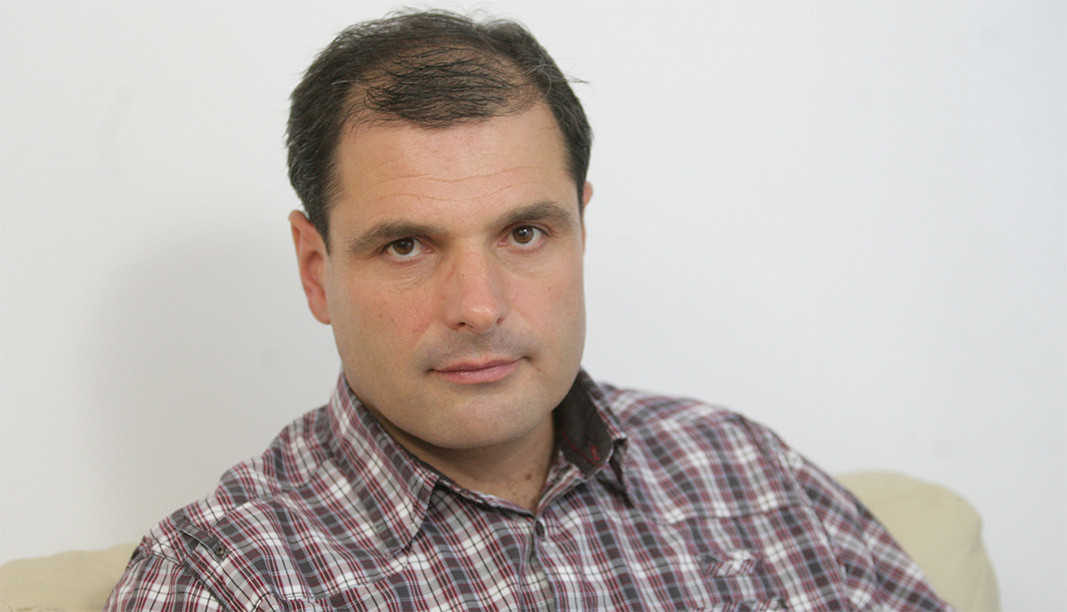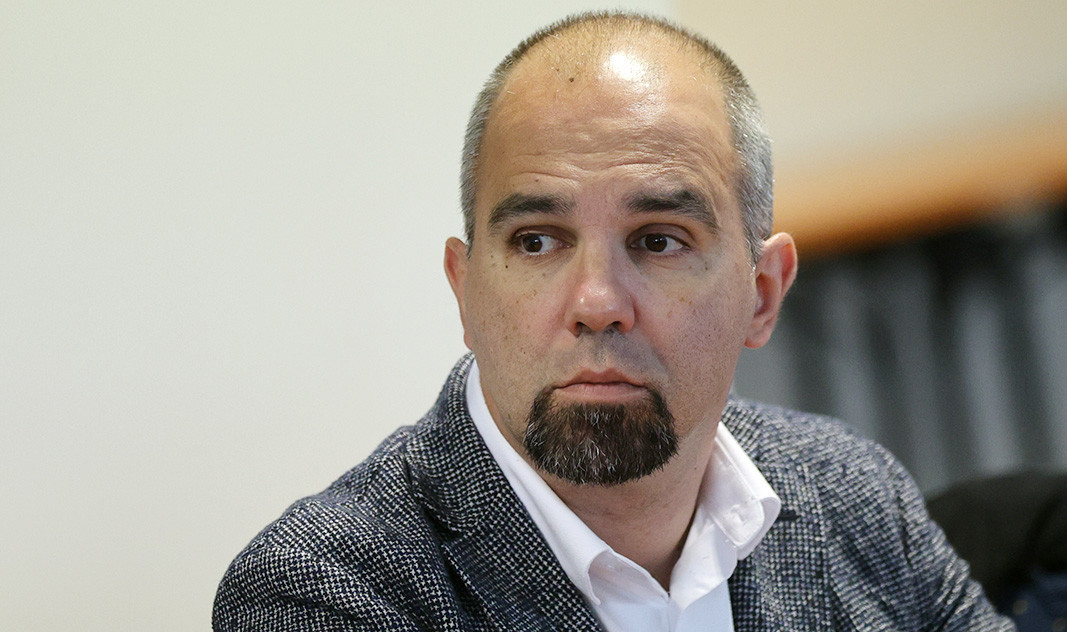



"A Peevski-wrapped GERB - we cannot work with this combination" - former Prime Minister Nikolay Denkov told journalists ahead of the We Continue the Change National Council meeting, adding that "we have already seen the result of this kind of work and..
For the seventh time in three years, Bulgarians went to the polls, and the results shed light on some of the behind-the-scenes manoeuvring. A seemingly minor detail in the counting of votes for the Velichie party, which missed the 4% threshold to enter..
The Alliance for Rights and Freedoms (APS) of Ahmed Dogan - the honorary chairman of the former DPS movement - announced its support for the PP-DB declaration for a sanitary cordon around Delyan Peevski's formation - DPS - New Beginning. APS said..
Nearly a month after the 27 October early parliamentary elections, the 51st National Assembly is still not able to begin its work because MPs are unable..

+359 2 9336 661
